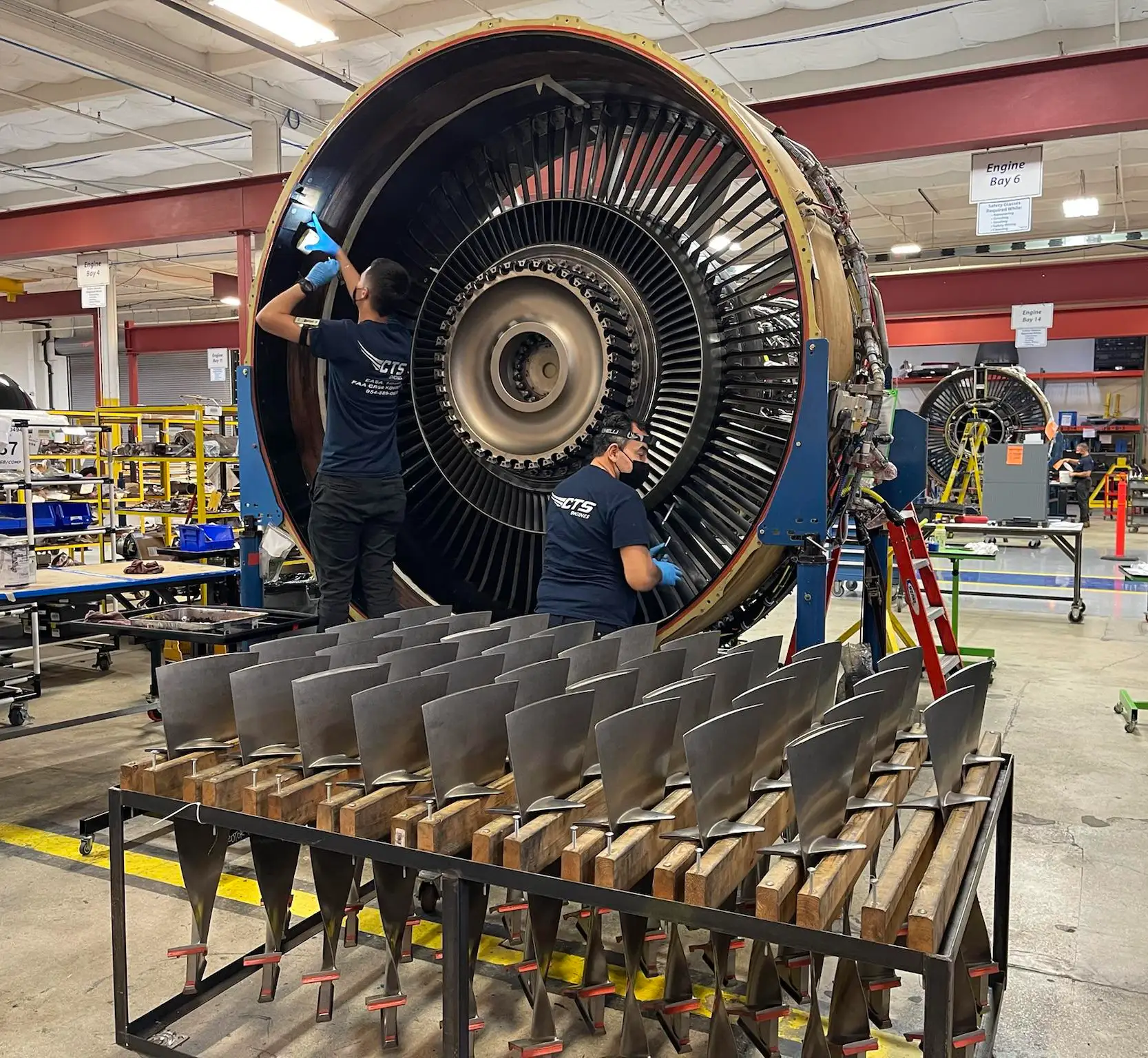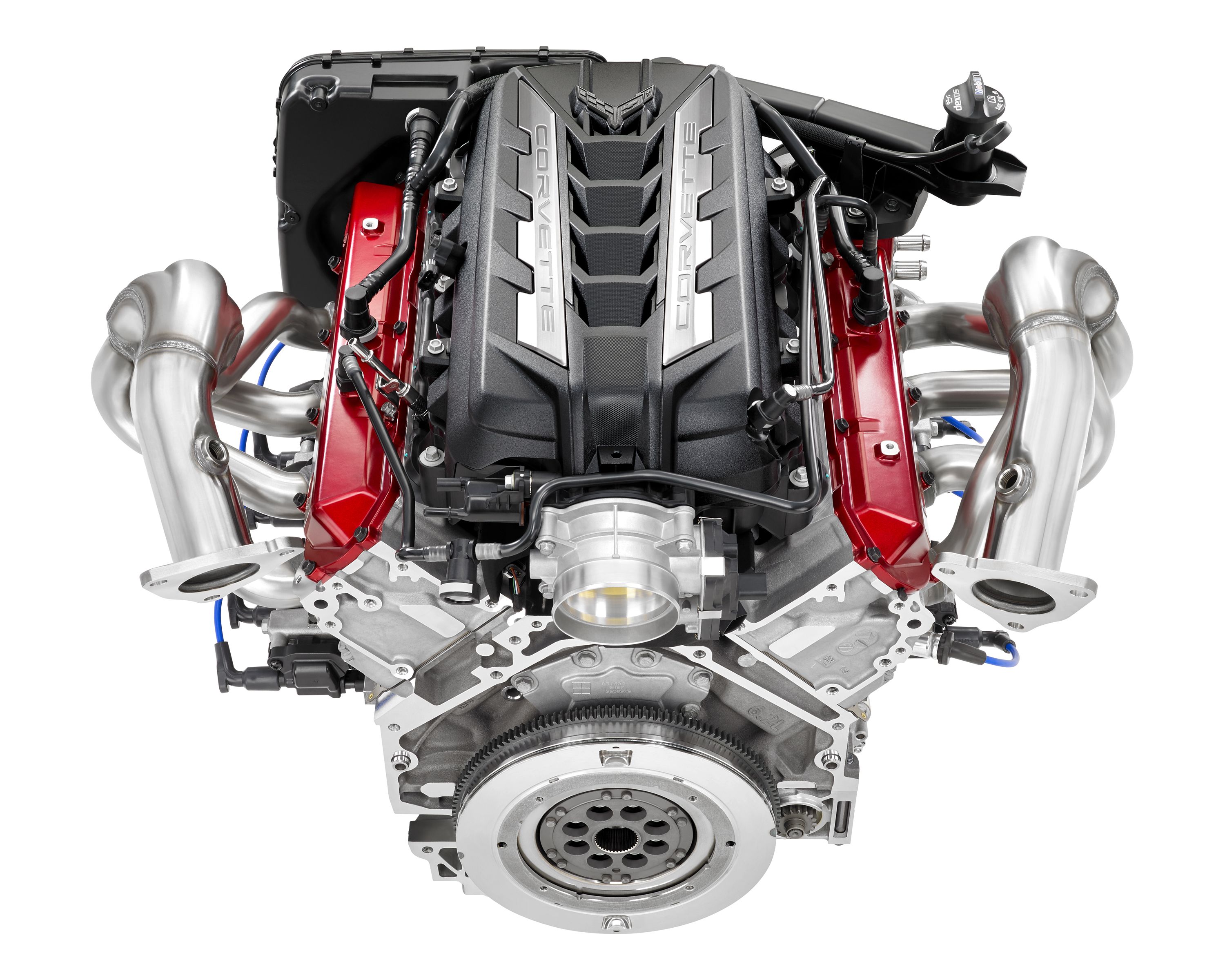How to Source Affordable Solutions from Engines For Africa
How to Source Affordable Solutions from Engines For Africa
Blog Article
Check Out a Wide Variety of Engines for every single Car and Function
The vehicle landscape is progressively complex, with a varied selection of engine kinds designed to meet specific performance and efficiency requirements across various lorry categories. From the high-performance engines that power sports vehicles to the fuel-efficient options tailored for day-to-day travelling, the selections are substantial and differed. In addition, sturdy engines offer the requirements of work cars, while green choices are obtaining grip in the search of lasting transport. Recognizing these differences is important for making educated decisions, especially as arising innovations remain to form the future of automotive engineering. What implications might these advancements hold for consumers and makers alike?
Kinds Of Automotive Engines
Automotive engines can be classified into several unique kinds, each designed to fulfill certain performance and efficiency needs. One of the most typical classifications include internal burning engines, electric engines, and crossbreed systems.

Electric engines, on the other hand, run on electric power kept in batteries, providing instantaneous torque and zero discharges. These engines are becoming significantly popular due to advancements in battery innovation and the expanding focus on sustainability.
Hybrid systems integrate both interior burning and electrical engines, enabling cars to enhance gas effectiveness and reduce discharges by perfectly changing in between source of power. Each engine kind presents its benefits and drawbacks, affecting elements such as vehicle layout, intended usage, and market need. Comprehending these distinctions is essential for consumers and producers alike when picking the appropriate engine for their certain demands.
Efficiency Engines for Sports Cars
Performance engines for cars are specifically engineered to deliver enhanced speed, power, and dexterity, setting them besides standard automobile engines. These engines commonly use sophisticated innovations such as turbocharging, supercharging, and variable valve timing to make the most of efficiency and responsiveness.
Usually, performance engines are developed with higher compression ratios, which permit higher energy removal from gas. This leads to outstanding horsepower and torque numbers, making it possible for fast acceleration and higher leading rates. The lightweight materials made use of in these engines, such as light weight aluminum and carbon fiber, add to minimized general automobile weight, enhancing handling and ability to move.
Engine setups like V6, V8, and even hybrid systems are typical in performance sports vehicles, each offering special benefits in regards to power distribution and driving characteristics. The tuning of these engines is likewise important; many makers optimize the engine monitoring systems to offer an exhilarating driving experience, typically including sporting activity settings that readjust throttle reaction and equipment shifts.
Effective Engines for Daily Commuters
In the world of daily travelling, efficient engines play a vital role in enhancing gas economic climate and minimizing discharges while providing trustworthy performance. As city populations grow and ecological issues intensify, the need for vehicles outfitted with effective powertrains has actually surged.
Modern engines created for daily commuters commonly include technologies such as turbocharging, direct article source fuel shot, and crossbreed systems. Turbocharging boosts engine efficiency forcibly more air right into the burning chamber, permitting smaller, lighter engines that do not compromise power outcome. Straight gas shot improves fuel atomization, bring about better combustion and boosted performance.
Crossbreed engines, combining internal burning with electrical power, more boost gas economic situation, particularly in stop-and-go traffic, where conventional engines can experience from inadequacies. Electric electric motors aid throughout velocity and can imp source operate separately at low rates, reducing overall gas intake.
Additionally, improvements in engine management systems and light-weight materials add substantially to efficient engine layout. By focusing on efficiency, durability, and environmental sustainability, makers proceed to provide engines that not just meet the demands of everyday commuting however likewise line up with international efforts to reduce carbon footprints.
Heavy-Duty Engines for Work Automobiles
Heavy-duty engines for job automobiles are regularly crafted to supply remarkable torque and reliability under requiring conditions. These engines are made to execute in atmospheres where conventional engines may falter, such as building websites, logging operations, and agricultural setups. The key focus of heavy-duty engines is their ability to generate high levels of power while keeping durability over expanded durations of procedure.
Generally, durable engines use sophisticated products and durable building methods to endure the rigors of hefty work. Features such as enhanced cylinder blocks, enhanced cooling systems, and progressed fuel shot technologies add to their effectiveness. These engines usually operate at reduced RPMs, which aids to optimize fuel performance while offering the needed power for carrying and towing.
Along view with mechanical effectiveness, heavy-duty engines are usually furnished with innovative electronic control systems (ECUs) that take care of performance, exhausts, and diagnostics. This integration permits much better tracking and upkeep, ensuring that work cars stay reliable and operational.
Ultimately, durable engines are a crucial part in the productivity of various industries, offering the required power and dependability to deal with the most difficult of jobs.
Eco-Friendly Engine Options
The expanding focus on sustainability has actually brought about the growth of eco-friendly engine choices that prioritize decreased exhausts and improved fuel efficiency. These engines are created to reduce the ecological impact of lorries while still delivering the efficiency and reliability anticipated by customers.
Among the most noteworthy environment-friendly alternatives are hybrid and electrical engines. Hybrid engines combine conventional interior combustion engines with electric propulsion, enabling for minimized fuel consumption and reduced greenhouse gas exhausts. Electric engines, on the other hand, operate totally on battery power, creating no tailpipe discharges and contributing to cleaner air top quality.
An additional appealing advancement is the advancement of biofuel engines, which use renewable sources, such as plant materials, to power automobiles (Engines For Africa). By utilizing biofuels, these engines can lower dependency on nonrenewable fuel sources and lower total carbon footprints

As the auto market develops, environmentally friendly engine options will certainly play an important role in driving the shift towards even more sustainable transport solutions.
Verdict
From high-performance engines that improve sporting activities vehicle abilities to reliable models prioritizing fuel economic situation for daily commuters, each type serves a certain feature. Sturdy engines cater to robust work automobiles, while eco-friendly options, such as electric and biofuel engines, advertise lasting transport.

Report this page